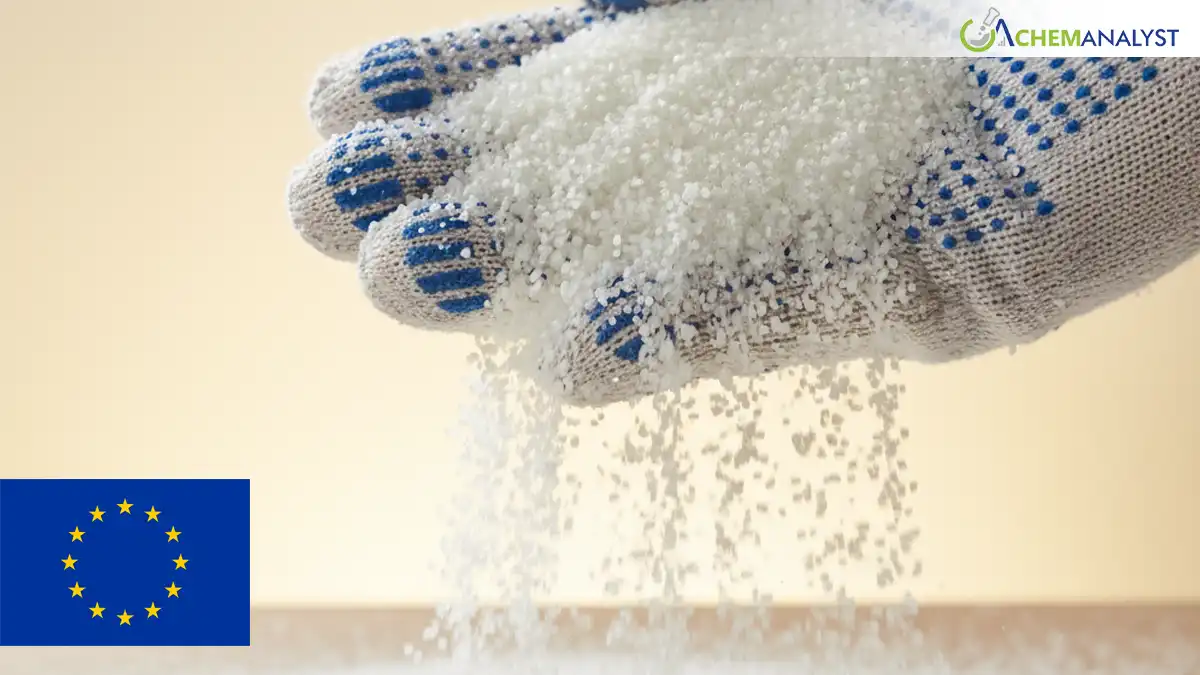Welcome To ChemAnalyst

The probe follows a complaint by EU producers alleging that artificially low-priced Russian gas allows exporters to dump urea, disrupting the European market and harming domestic competitors.
The European Union has initiated an anti-dumping investigation into imports of urea originating in the Russian Federation, a decision that has significant implications for both the EU's agricultural and fertilizer sectors. The European Commission formally opened the probe on September 25, 2025, in response to a complaint filed by the industry association Fertilizers Europe on behalf of the EU's urea fertilizer industry.
The core of the complaint hinges on the allegation that Russian urea producers benefit from artificially low, state-fixed natural gas prices. Natural gas is a key raw material in the manufacturing of urea, and the complainants argue that this cost advantage allows Russian exporters to sell their product at unfairly low prices, or "dump," into the EU market.6 This practice is alleged to be severely undercutting EU competitors and distorting the market price equilibrium.
Urea is a vital nitrogen fertilizer, and the product under investigation includes urea with varying concentrations of nitrogen, whether in an aqueous solution or with additives. These products are currently classified under various CN codes, including 3102 10 12, 3102 10 15, 3102 10 19, and 3102 10 90.
Russia remains one of the largest suppliers of urea to the EU, with the bloc importing an estimated 2.1 million tonnes from the country between July 2024 and June 2025—the period under investigation for alleged dumping. This dependence on Russian supplies intensified after reductions in Russian gas deliveries forced several European fertilizer plants to scale back or shut down production due to soaring gas prices.
The complainants provided evidence suggesting that Russian imports have not only increased in absolute terms but also gained a larger market share in the EU. This influx of low-priced product has reportedly had a negative impact on the sales volumes, pricing levels, and overall performance of the domestic EU industry.
The Commission’s investigation will now determine whether dumping is taking place, calculate the dumping margin (which has been initially described as "significant" for Russia based on the complaint's methodology), and assess if the imports have caused material injury to the EU industry. If confirmed, the probe could lead to the imposition of substantial anti-dumping duties on future imports from the Russian Federation.
Affected parties, including Russian exporting producers, EU importers, and EU users, have been invited to participate in the investigation. However, with deadlines for participation being as short as seven days, a rapid response is required from all entities looking to comment and defend their interests. The investigation into injury will consider market trends dating back to January 1, 2022.
We use cookies to deliver the best possible experience on our website. To learn more, visit our Privacy Policy. By continuing to use this site or by closing this box, you consent to our use of cookies. More info.
